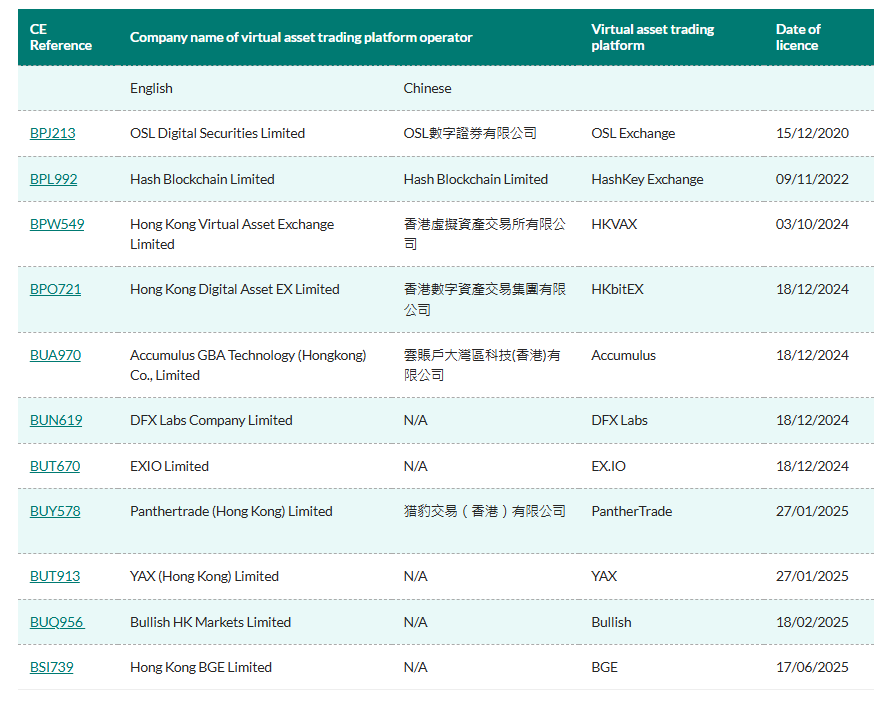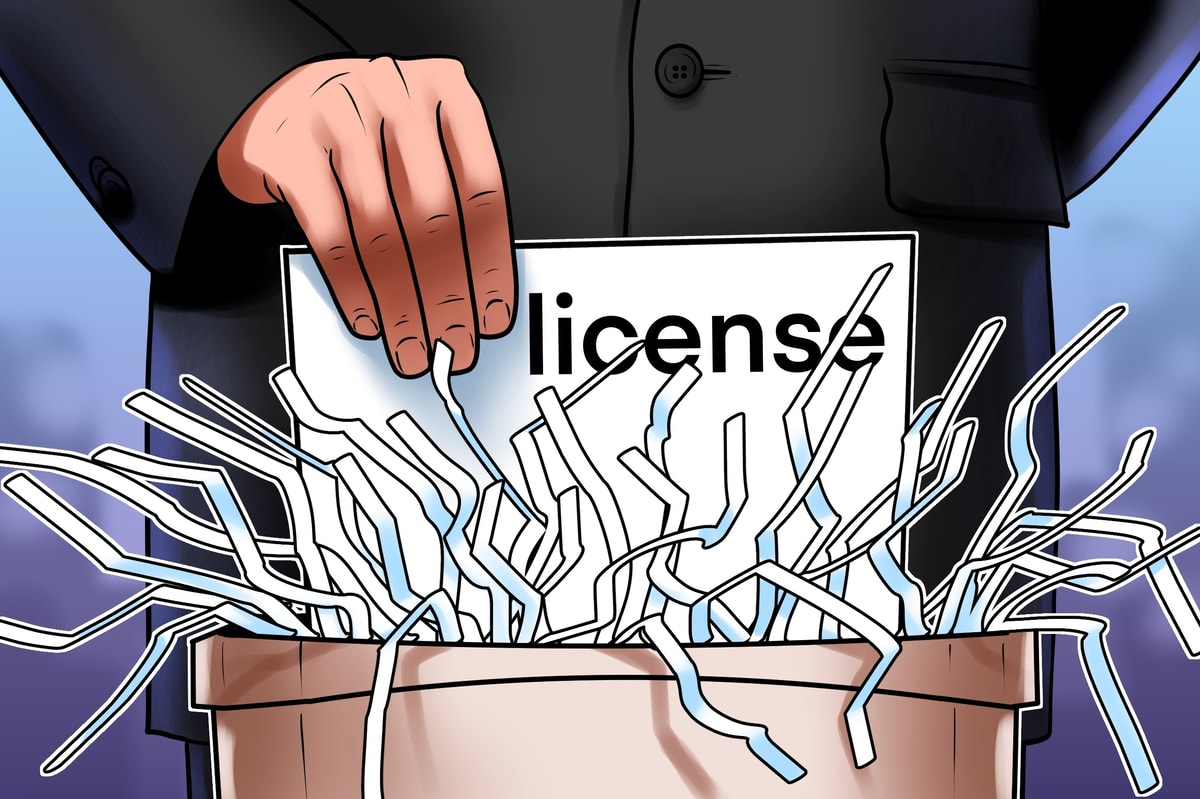Crypto exchange BitMart withdrew its application for a virtual asset service provider license in Hong Kong.
According to the list of virtual asset trading platforms maintained by the Hong Kong regulator, the Securities and Futures Commission (SFC), BitMart withdrew its application on Thursday.
This followed similar decisions by other crypto trading platforms. Major crypto exchange Bybit applied last year but withdrew its application at the end of May 2024. Similarly, OKX withdrew its application at the end of May, as did Gate.
As Cointelegraph reported at the time, a wave of crypto exchanges withdrew their applications ahead of a deadline that saw the local regulator expel all unlicensed platforms. This was a consequence of stringent requirements for local crypto exchanges.
Related: Hong Kong warns of fraud risk after new stablecoin rules
High requirements for Hong Kong crypto exchanges
Hong Kong laws require any centralized crypto platform operating on its territory or marketing to local investors to be licensed by the SFC. Licensing requires platforms to keep liquid assets equivalent to at least 12 months of operating expenses and maintain at least 5 million Hong Kong dollars ($641,490) worth of paid-up share capital.
Furthermore, 98% of client assets must remain in cold storage, and transfers are limited to whitelisted addresses only. Regulators require strict key management, and insurance must cover 100% of hot storage and 50% cold storage holdings.
New rules for crypto custody services approved earlier this month also further tighten controls and ban relying on smart contracts for cold wallet management.
In 2025, Hong Kong awarded operational licenses to four crypto exchanges to date: PantherTrade, YAX, Bullish and BGE. In total, 11 crypto exchanges currently operate as licensed crypto exchanges in Hong Kong, as shown below.

Related: Animoca and Standard Chartered form stablecoin venture in Hong Kong
Hong Kong aims to become a crypto hub
Hong Kong is developing its rigorous crypto regulatory framework to support a crypto industry, leveraging its position as a financial hub. The strategy is already bearing its fruits, with CMB International Securities Limited, a subsidiary of the China Merchants Bank (CMB) — one of China’s top banks — recently launching a crypto exchange in Hong Kong.
Hong Kong regulators also aim to establish a solid stablecoin regulatory base, with the Hong Kong Monetary Authority having finalized its regulatory framework for stablecoin issuers earlier this month. This framework was also stringent enough to negatively impact some local firms.
Just like the crypto exchange rules, the introduction of the new stablecoin framework led to relevant local companies posting double-digit losses on Aug. 1. Analysts at the time described the sell-off as a healthy correction, as the requirements for stablecoin issuers proved to be more stringent than expected.
Magazine: Hong Kong hoses down stablecoin frenzy, Pokémon on Solana: Asia Express













